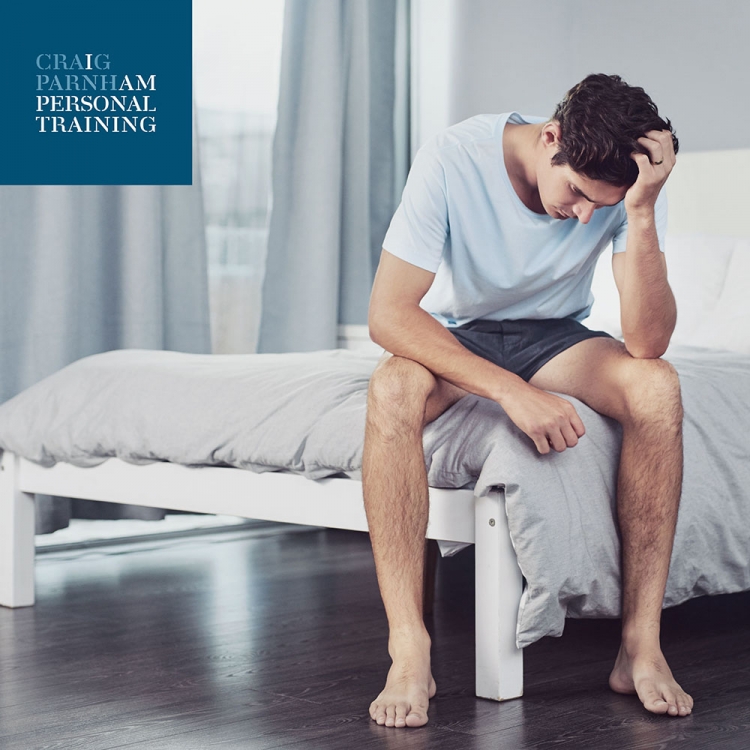When you're feeling under the weather, sometimes all you want to do is curl up under a blanket and watch Netflix until you're better. Other times, you may still be considering heading to the gym. But which is best?

Should you stick to your normal exercise routine or take a break and rest?
Unfortunately, there’s no definitive answer to this question. It depends on your symptoms, the nature of your illness and if you feel up to exercising. Only you know how bad you feel compared to when you’re well, so it’s your decision. Listen to your body’s signals.
When deciding whether to train when you’re not feeling 100%, consider these tips:
1. Ask your GP
Consult a medical professional if you’re not sure if you should be exercising, particularly if you have any underlying or serious health conditions.
2. Employ the ‘neck up’ rule
The general consensus amongst experts is that if your symptoms are from the ‘neck up’, generally you should be ok to exercise.
‘Neck up’ symptoms include a sore throat, headache or runny nose; basically anything where the symptoms don’t extend below the neck. If you have a cold but still have the energy to exercise, try it and see how you feel.
If you choose to exercise when you have any of the above symptoms, make sure you take it steady, don’t push yourself and stop if you think your symptoms are getting worse.
Avoid anything too strenuous, like lifting heavy weights, and reduce the intensity of your normal work out. If you usually train for 45 minutes, don’t exercise for that long if you don’t feel like it.
If you want a lighter alternative to your usual gym programme, here are a few suggestions:
3. Consider other gym users
If you choose to go to the gym when you have a cold, consider other people and try to stop your germs from spreading. Wipe down equipment after you’ve used it and put your tissues in the bin.
Bear in mind that you could also be susceptible to picking up other people’s germs when you’re ill as your immune system has already taken a hit.
4. Don’t exercise if your symptoms are ‘below the neck’
Take a break and rest if your symptoms are ‘below the neck’ as exercising could make them worse. ‘Below the neck’ symptoms include:
NHS guidelines stress the importance of not exercising with a fever (a body temperature of 38C or above). This is because exercising could cause the virus to affect your heart.
What about getting back into exercise after an illness?
If you’ve been ill and taken a few days off but you’re now feeling a bit chirpier, get back into exercise slowly but surely. Take it easy at first and be aware you might not be able to work out at your usual intensity immediately. Keep building the intensity up until you’re back to your normal healthy self.
Want more information about exercising when ill? This Precision Nutrition infographic is a handy guide to the science behind how illness affects exercise.